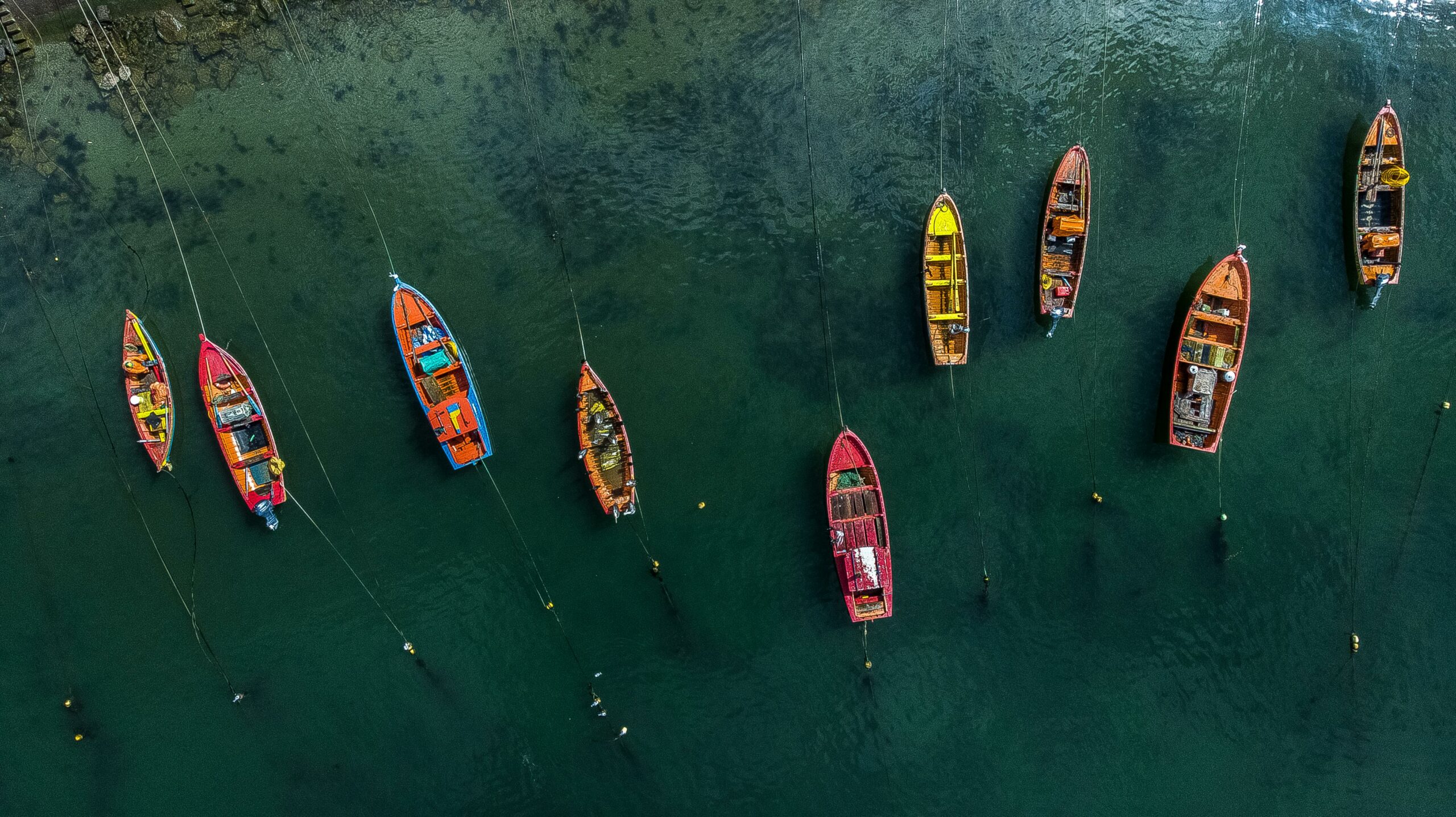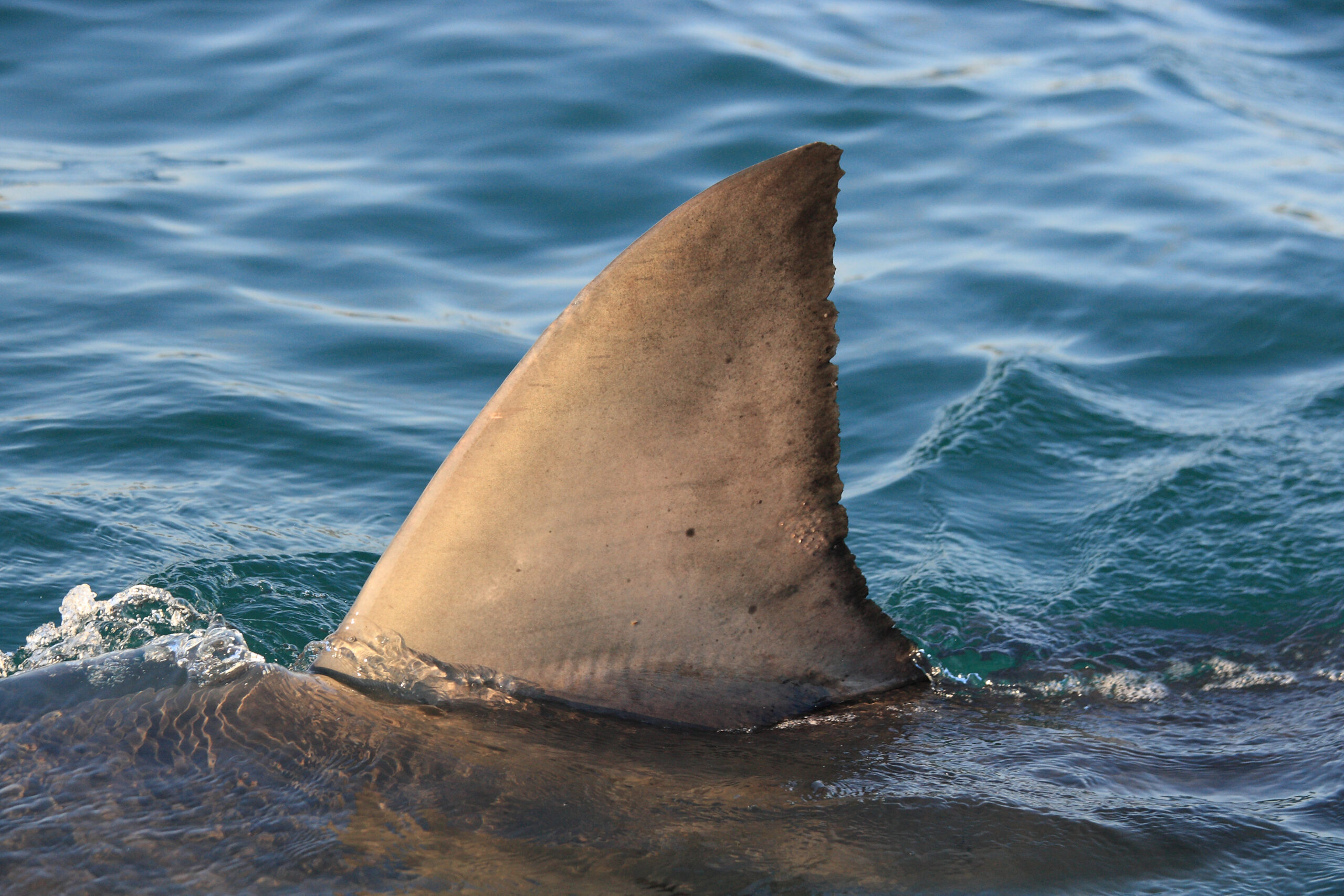Bridging Gaps in Artisanal Fisheries Reporting
Chile, with over 4,000 kilometres of Pacific coastline, is home to a vast and diverse marine ecosystem. Its coastal waters, shaped by varying conditions, support more than 50 shark species, yet we know relatively little about their status. In Chile, industrial fisheries are prohibited from extracting elasmobranch species, leaving artisanal fisheries as the primary actors in shark extraction.

Fishing boats. Photo © Jorge Luis Lopez | Pexels
Artisanal fishers play a crucial role in managing marine resources, but their catch reporting system lacks accuracy. Currently, the reporting system relies on a drop-down list of common names to identify each catch, yet Chile’s vast geographical range leads to significant regional differences in common names. This presents a challenge, as common names often vary, and in some cases, the same name may be used for completely different species—sometimes not even within the same family. As a team, we’ve seen this firsthand.
Even more concerning is that less than half of the species documented in Chile’s waters are available as options in the reporting system, raising concerns about underreporting. Conversations with fishers have also revealed that by-catch, including sharks, is frequently underreported. Although some shark species are targeted, there’s likely bias against non-target species, contributing to an underestimation of overall shark catch.

The dorsal fin of a shark cutting through the water. Photo © Alessandro de Maddalena | Shutterstock
The first step to addressing these gaps is to assess the problem thoroughly. How many species are affected by inconsistent common names? Is there bias in the species being reported? To tackle this, we are developing an interview system with detailed illustrations and descriptions of the species found in Chilean waters, aiming to clarify and correct the use of common names in the current reporting system.
The current stage of the project focuses on compiling illustrations that accurately represent and distinguish each species. While many excellent scientific illustrations are available, not all species have them and species within the same genus present a particular challenge. Through this ongoing project, we aim to better estimate the extent of underreporting and identify solutions for assessing the status of sharks, contributing to their effective conservation. Stay tuned for more updates!
